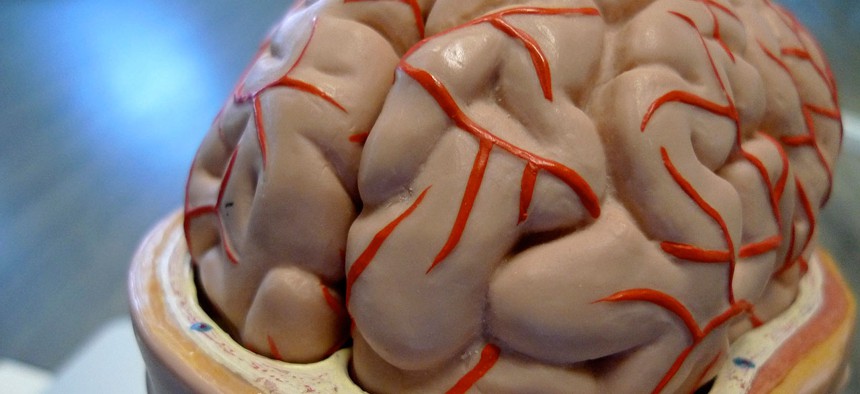
Flickr user Franklin Heijnen
There’s a Powerful Hack to Remember Something New You've Just Learned
Our brains might be supercomputers, but they still can't store information like hard drives can.
The more we understand how our bodies and brains work, the more we realize that what’s good for the body is often good for the brain. In recent years, for instance, many studies have shown that a powerful way to improving your memory is to exercise.
A new study even provides a hack to remember things you’ve just learned. To find it, researchers at Radboud University in the Netherlands split a group of 72 volunteers into three. Each group underwent a learning session where they had to memorize 90 image associations. The first group followed it up with a 35-minute high-intensity exercise session and then a three-hour session watching nature documentaries. The second group watched documentaries first then exercised. The third group watched documentaries but did not exercise.
The participants were then tested two days later on whether they could recall the image associations. Only the group that had exercised about four hours after the learning session performed better than the other two groups.
Though the researchers don’t know yet what exactly helped the delayed-exercise group perform better, they believe that it may have to do with two chemicals in the brain—dopamine and noradrenaline—that help memory formation and consolidation. Physical activity is known to induce the production of these chemicals, and it seems they help learning best if their production is delayed by a few hours.
The limitation of this study is that it was done on a small set of volunteers. The researchers also don’t know yet if a four-hour delay is the ideal gap between learning and exercise. However, past studies support the idea of exercising for keeping the brain healthy. For instance, a small 2013 study showed that learning while doing a mild form of exercise, like cycling in a gym at a moderate pace, can also help improve memory formation. Better still, older adults seem to have better memory if they are moderately active.
Physically active people have a larger hippocampus (the area that stores memories) and prefrontal cortex (the area that is responsible for key parts of thought), and their white matter (the brain’s “wires”) are more active. Through 50 years of research, it’s clear that exercise has at least modest benefits to the brain’s health.
Our brains might be better than a computer, but they still lack the ease of access that silicon chips provide for storing information. The best we can do for now is improve our natural abilities with well-timed exercise.
(Image via Flickr user Franklin Heijnen)






